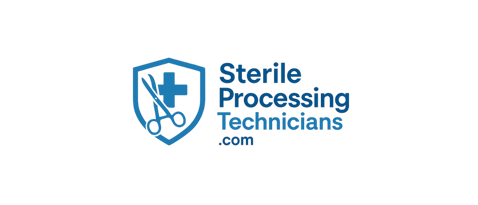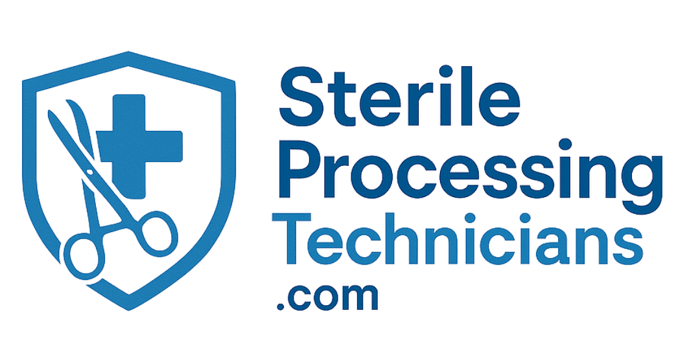The $2.3 Billion Problem: How Improper Instrument Reprocessing Costs Healthcare
In the complex world of modern healthcare, few departments carry as much hidden financial weight as the Sterile Processing Department (SPD). Behind the OR doors, SPD techs work tirelessly to ensure every instrument is clean, sterile, and ready for patient care. But when reprocessing fails, the consequences aren't just medical—they're financially catastrophic.
Sterile Processing Technicians
1/17/20252 min read


💸 The True Cost of Improper Sterilization
Each year, healthcare-associated infections (HAIs) affect 1 in 31 hospital patients, according to the CDC. Many of these infections are linked to contaminated instruments or improperly sterilized surgical tools. The financial fallout? An estimated $2.3 billion annually in the U.S. alone.
That number includes:
Prolonged hospital stays
Emergency re-operations
Legal claims and settlements
Surgical cancellations and delays
Loss of accreditation or Medicare reimbursements
One missed biofilm on a single instrument can cost a hospital hundreds of thousands in damage control—and worse, put lives at risk.
🏥 Real-World Case Studies
Case 1: The Hidden Biofilm
A Midwest hospital faced a $4.5 million lawsuit after a patient contracted a rare infection traced back to a contaminated orthopedic screw. The SPD team had not been trained on biofilm detection, and cleaning verification protocols were outdated.
Case 2: Surgical Delays Gone Wild
In New York, a facility averaged 17 delayed surgeries per month due to unavailable or improperly sterilized instruments. When they overhauled their SPD workflow with real-time tray tracking, delays dropped by 45%, and the hospital saved over $1.1 million in just one year.
Case 3: Lawsuits from Reusable Endoscopes
After a widely publicized outbreak in California linked to improperly reprocessed duodenoscopes, one hospital paid over $6 million in settlements and suffered years of reputational damage.
🔍 Insurance, Litigation & Accreditation Fallout
Improper reprocessing doesn't just trigger lawsuits—it jeopardizes accreditation from organizations like The Joint Commission and DNV. Hospitals flagged for SPD deficiencies often face:
Suspension of services
Mandatory retraining and compliance audits
Insurance hikes
Medicare/Medicaid funding holds
💡 The Solution: Invest in SPD—It Pays Off
Instead of viewing SPD as a cost center, forward-thinking hospitals are treating it as a risk management investment. Here's how SPD excellence saves money:
Automated tracking systems: Reduces human error and tray mix-ups
Ongoing tech training: Prevents biohazard exposure and misprocessing
Modern sterilizers: Faster cycles, better documentation, fewer equipment failures
Certification incentives: Certified techs reduce error rates by up to 30%
A study published in AJIC (American Journal of Infection Control) found that hospitals with certified SPD departments had significantly lower HAI rates and litigation claims.
🛡️ Patient Safety = Financial Safety
Every well-reprocessed instrument tray is a win for the patient—and the bottom line. Proper sterilization protects against HAIs, supports positive patient outcomes, and reduces malpractice risk.
SPD isn’t optional. It’s foundational.
🧠 Final Thoughts
Hospitals can no longer afford to overlook their SPD departments. Whether you’re an administrator, an OR nurse, or a tech yourself—understand this:
Your SPD team is one of the most important financial safety nets in your facility.
Want to protect your patients and your bottom line? Start by empowering your SPD techs.
Resources
Explore training, job listings, and certification details.
Support
Join our mailing list
support@sterileprocessingtechnicians.com
© 2025 All Rights Reserved Sterile Processing Technicians
Powered By WePrepU.org


